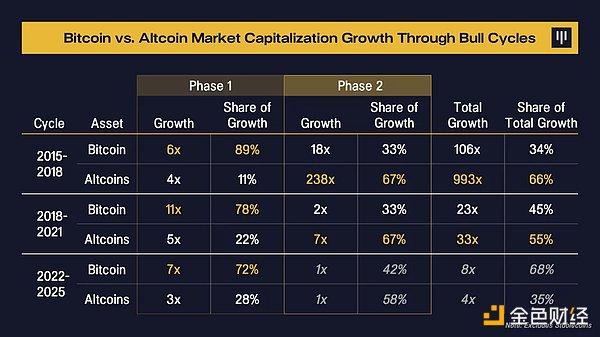
Paxos, a U.S. blockchain infrastructure company, has reapplied to the Office of the Comptroller of the Currency (OCC) for a 'National Trust Bank' license to conduct customer asset custody and payment services under federal regulation. This move is aimed at renewing the conditional license that expired in March and expanding its technology and infrastructure based on PayPal's stablecoin PYUSD.
The National Trust Bank license does not involve deposit or loan services but plays a crucial role in increasing institutional investor accessibility by allowing asset custody and payment/settlement services. Charles Cascarilla, Paxos CEO, stated, "We will raise the highest standards of security and transparency under OCC supervision."
Paxos first applied to the OCC for a license at the end of 2020 and received conditional approval in 2021, but failed to meet the requirements for official bank launch within 18 months, causing the license to expire in March 2023. Since then, it has continued operations with a New York State Department of Financial Services (NYDFS) license. In February of the same year, NYDFS ordered Paxos to stop issuing Binance USD, and Paxos terminated its cooperation with Binance. In this process, it agreed to a settlement of approximately $48.5 million related to anti-money laundering (AML) obligation violations, with $26.5 million to be paid as fines and $22 million to be invested in strengthening internal regulations.
This reapplication comes at a time when a federal framework for stablecoin issuers has been established in the U.S. and regulatory clarity has increased after the passage of the GENIUS Act. With major issuers like XRP and Circle also pursuing bank licenses, Paxos aims to expand its institutional market and enhance global competitiveness based on federal licensing.








